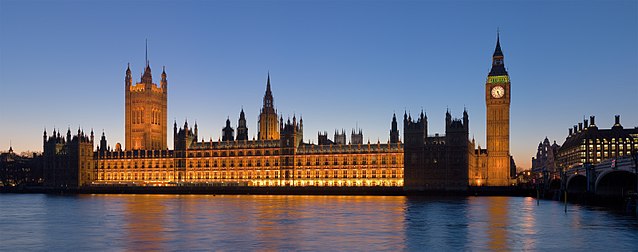A recent House of Lords debate on NHS single-sex spaces, prompted by the anti-trans Baroness Fox of Buckley, focused on the alleged need for guidance regarding single-sex provisions for NHS staff and patients, raising further questions about the treatment of transgender people in such contexts.
Fox framed the discussion around claims of female NHS staff being “denied safety, privacy, and respect” by sharing changing spaces with transgender colleagues. She specifically cited the example of nurses in Darlington who objected to sharing facilities with a trans woman but did not mention they were provided with another facility in which to change. Fox also said that Health Secretary Wes Streeting, who brought in the permanent ban on puberty blockers for trans kids, was “horrified by the case of the Darlington nurses being forced to share their changing facilities with a male colleague who identifies as female”. She called for “urgent guidance” to address what she described as “ideology” interfering with workplace dignity.
Responding on behalf of the government, Baroness Merron stressed the importance of “dignity and sensitivity” in managing such situations. She highlighted that the existing Equality Act provides a clear legal framework for balancing the rights of all individuals. While acknowledging the need for further guidance to assist NHS trusts, Merron emphasised the importance of inclusivity and respect for all patients and staff, urging solutions tailored to specific circumstances rather than rigid enforcement of single-sex policies.
The debate saw a strong defence of trans rights from Baroness Hunt of Bethnal Green and Lord Cashman. Baroness Hunt spoke from personal experience, recounting how her gender non-conforming appearance often leads to misidentification. She warned of unintended consequences for those who may not conform to traditional gender norms if policies are enforced too rigidly. Lord Cashman argued that trans men and women pose “no threat” and called for decisions regarding single-sex spaces to remain case-by-case, evidence-based, and proportionate under the Equality Act.
Meanwhile, Baroness Burt of Solihull questioned the prioritisation of this issue given the NHS’s broader systemic challenges, such as long waiting lists and collapsing infrastructure. Her comments underscored concerns that debates around trans inclusion, which are always started by those who wish to exclude trans people, often overshadow more pressing issues within public services.
